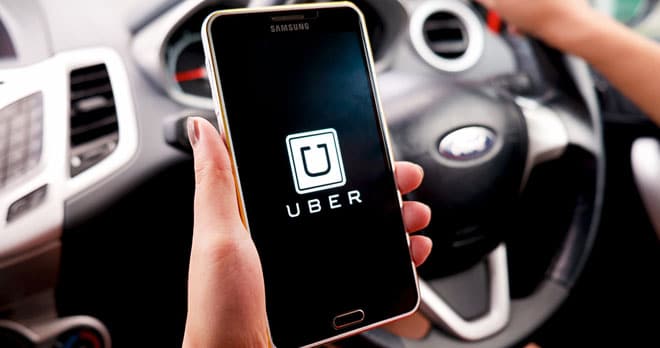Uber: When is an app not an app?

The AG delivered his opinion to the CJEU in the case of Asociación Profesional Élite Taxi v Uber Systems Spain, C-434/15. The question the Court had to determine was whether Uber could be classified as a ‘transport activity’ or an ‘information society service’. If classified as a transport activity, it would be subject to the local regulations of the relevant Member State. If, however, it is classified as an information society service, it would benefit from freedom to provide services and would not be subject to taxi service restrictions.
Why was the question of Uber as a transport service raised?
The case arose after Uber Spain was challenged by Elite taxi, a professional taxi service in Barcelona. They argued that Uber required the licences and authorisations necessary under Barcelona’s regulations on taxi services. After receiving the challenge, the judge referred the case to the CJEU for the interpretation of several points of EU law.
The points that needed interpretation were related to whether Uber could be classed as an ‘information society service’. This would be the case if:
(1) the supply of taxis is economically independent of the app service (e.g. similar to a hotel booking app); or
(2) the whole service is provided by Uber (i.e. app and the taxi).
However, the drivers are not able to work independently of the app and are also subject to certain conditions which are imposed by Uber. This level of control means that Uber is more than just an intermediary service between the driver and the customer.
What was the Attorney General's argument against Uber?
The AG’s argument was that the main component of Uber is the supply of cars, rather than the connection of passengers and drivers via the app (this being the secondary component); therefore it is transport which is the main supply. This, together with the fact that the connecting of drivers and customers via electronic means is not a self standing activity (it would make no sense without the provision of transport), means that the service offered by Uber cannot be deemed to be an ‘information society service’ and must be classified as a ‘service in the field of transport’.
Although the opinion of an AG is not binding, it is highly persuasive and is often followed by the CJEU. We will have to wait to see whether the Court agrees, but if it does, Uber may be required to obtain the relevant licences and authorisations under each Member State’s national law.
Whether or not Uber is found to be a transport service, the case raises interesting questions for the growing digital economy. For businesses looking to release an app to make inroads into any market, it would be sensible to check whether they might have to abide by its regulations in future.